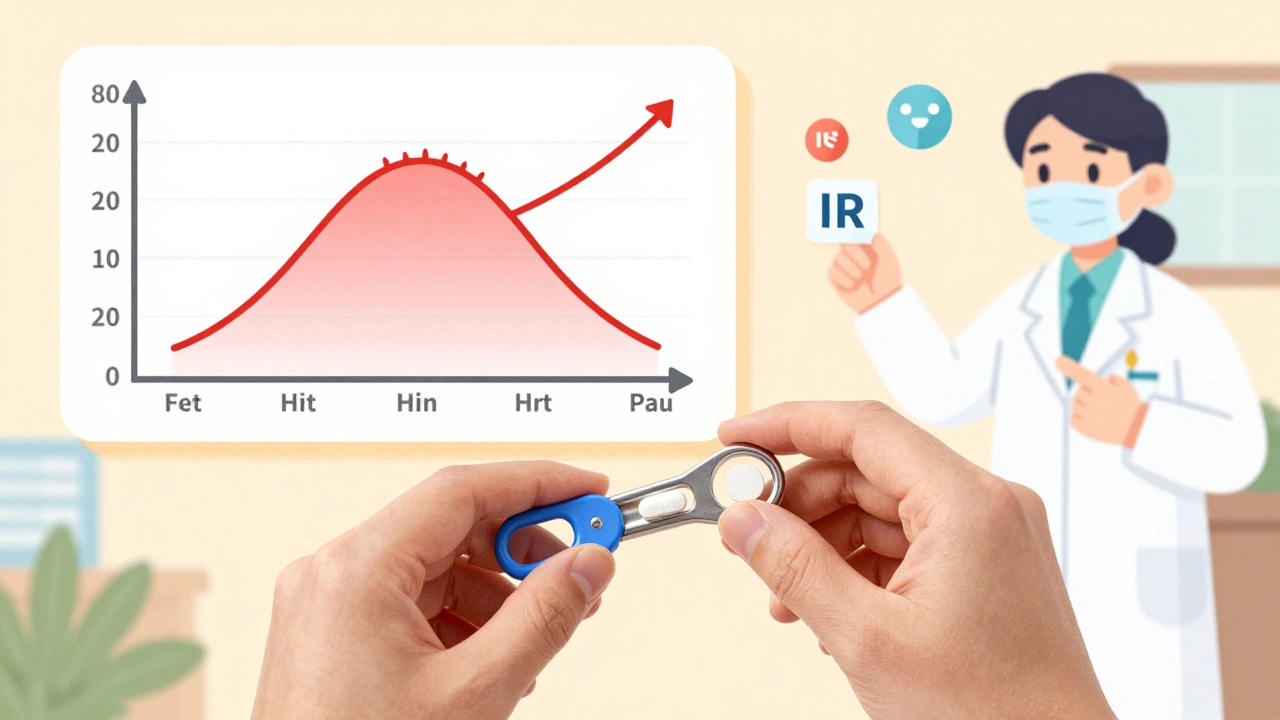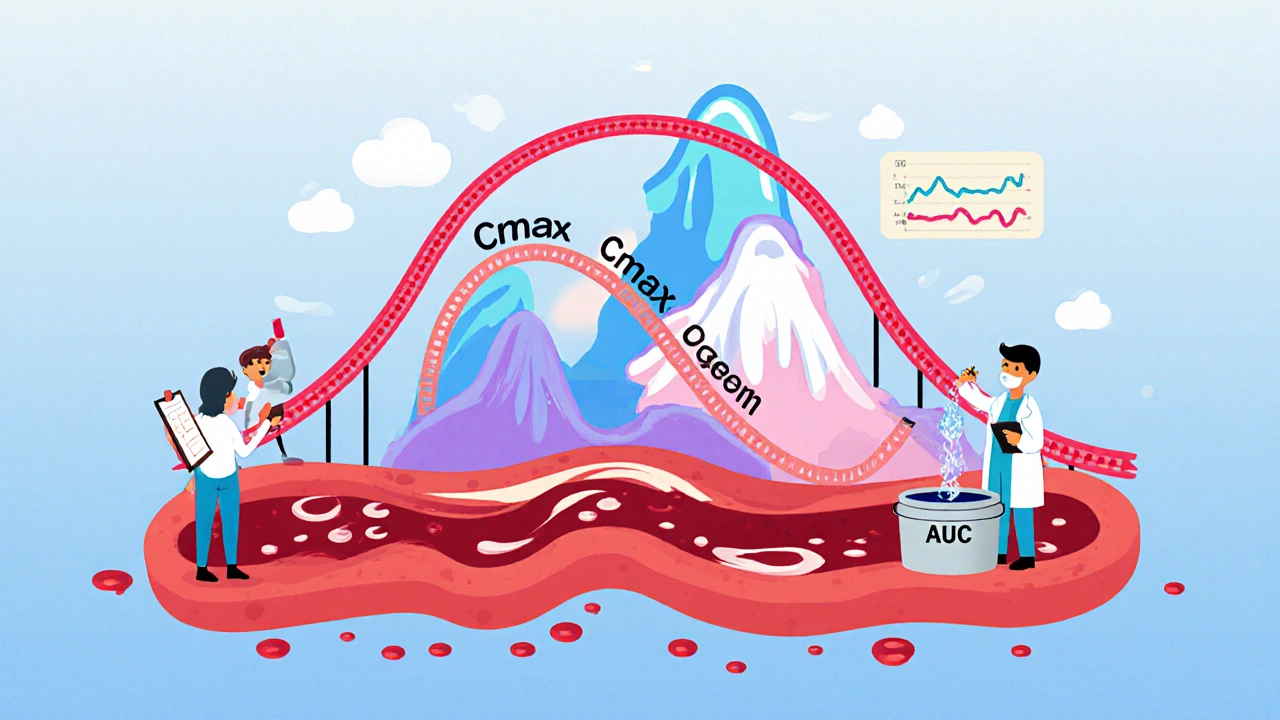Pharmacokinetics: How Your Body Processes Medications
When you take a pill, it doesn’t just sit there and work—it goes on a journey through your body, and pharmacokinetics, the science of how drugs move in and out of your body. Also known as PK, it’s the reason some pills work faster than others, why some need food, and why your liver matters more than you think. This isn’t just chemistry class—it’s the hidden rulebook behind every medication you take.
Think of pharmacokinetics as a four-step process: absorption, how the drug enters your bloodstream, distribution, where it travels in your body, metabolism, how your liver breaks it down, and elimination, how your kidneys flush it out. Get any step wrong, and the drug might not work—or it could hurt you. That’s why taking levothyroxine on an empty stomach matters. Why Diamox works better at altitude when you hydrate. Why you can’t just crush your pills and toss them in yogurt. These aren’t random rules—they’re based on pharmacokinetics.
Your age, weight, liver function, even what you ate for breakfast—all of it changes how a drug behaves. That’s why someone on antibiotics might need a higher dose if they’re overweight, or why someone with kidney disease can’t take certain painkillers. It’s not about being "stronger" or "weaker"—it’s about how your body handles the drug’s journey. Some meds, like entecavir or sitagliptin, need steady levels in your blood to work. Others, like clotrimazole lozenges, are designed to stay local—right where they’re needed. And if you’re on mycophenolate or ACE inhibitors with diuretics, understanding how your body processes these drugs isn’t optional—it’s life-saving.
Behind every post in this collection is a real-world link to pharmacokinetics. Whether it’s why you should avoid sun with certain meds, how food changes drug absorption, or why regular checkups are non-negotiable when you’re on long-term treatment—it all ties back to how your body moves, breaks down, and gets rid of drugs. You’re not just taking pills. You’re managing a complex system. And now you know the rules.
Splitting medication doses can reduce side effects by lowering peak blood levels, but only for certain drugs. Learn which medications are safe to split, the risks of tablet splitting, and how to do it safely with expert guidance.
Cmax and AUC are the two key pharmacokinetic measures used to prove generic drugs are as safe and effective as brand-name versions. Here's how peak concentration and total exposure determine bioequivalence.


